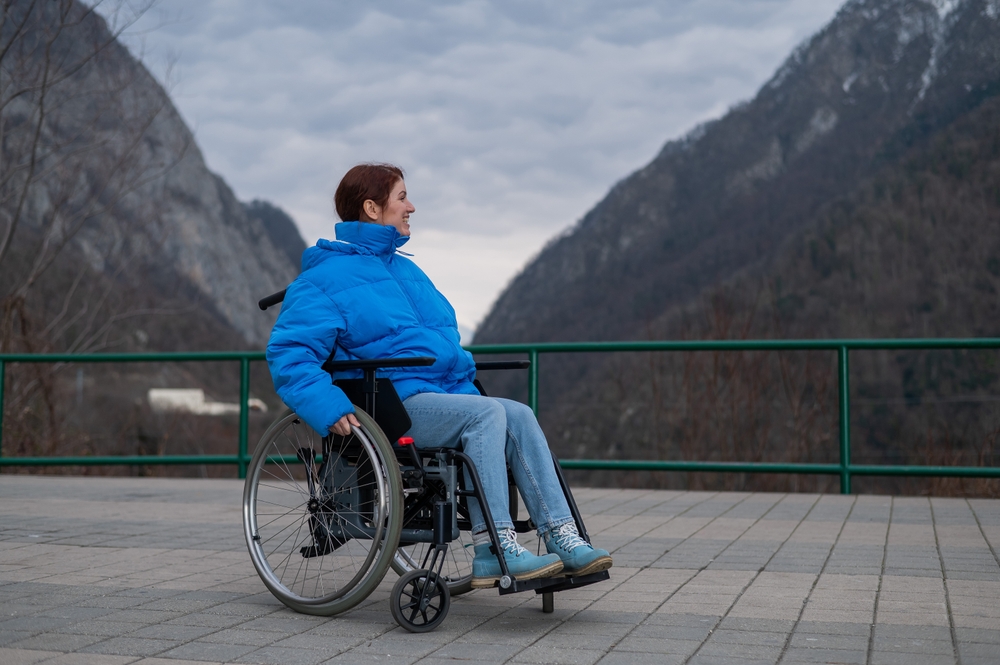How are you feeling? What’s your energy like? How are your moods these days? Use this Mental Health Meter from the Canadian Mental Health Association to see how you’re faring on characteristics that make up good mental health, and consider making a few small changes to your daily routine to support your mental health.
5 tips for your mental health:
1. Be present by committing to less screen time
Real life is happening right now. We’re missing more and more moments of real-life engagement with ourselves and others by constantly being distracted and tethered to a phone. Make a choice to be present. Dedicate some time at least once a week to being phone-free. Try turning your phone off from 5 p.m. on Friday until noon on Saturday and take advantage of that time to be entirely present with your friends, family, partner or yourself. You’re not missing anything online; you’re missing out on real life.
2. Get out and socialize
Call that friend to reconnect over a coffee and a walk or wheel. Wondering what to talk about? See the next tip!

3. Get inspired
Plan your next getaway. Imagine yourself snowshoeing in the mountains or walking along a sandy beach. Where do you want to explore? What do you want to do? Planning a trip gives you something to look forward to and acts as excellent motivation to get moving now so you can be happy, strong and energized for your adventures!

4. Get a good sleep
Sleep is critical to our moods—aiming for 7-8 hours per night is best. Are you feeling well-rested? If not, try to start your nighttime routine earlier by turning off screens (tip 1) and cue your mind to relax by reading a book, listening to music or taking a bath. Can’t sleep because you have a busy mind that just won’t slow down? See tip 5.

5. Get moving
Movement clears the head. Think about movement as a tool to flush away stress and anxiety. Getting your heart rate up releases feel-good endorphins. Start small, with little bits of movement built into your day. Walk or wheel for 15 minutes by getting off public transit a few stops earlier. Take the stairs at work if possible. Add a 20-minute lunch break walk or wheel outside to your daily routine (even connect with a pal)—it will do wonders for your mental health!

This blog was written by Lindsay Somers, a Lifestyle Health Coach in Winnipeg, Manitoba. She believes in a better everyday with activity. To find inspiration to build your active life, you can follow her on Instagram.
While physical activity can be an essential mental health tool, you should always reach out for additional support and services if needed.









